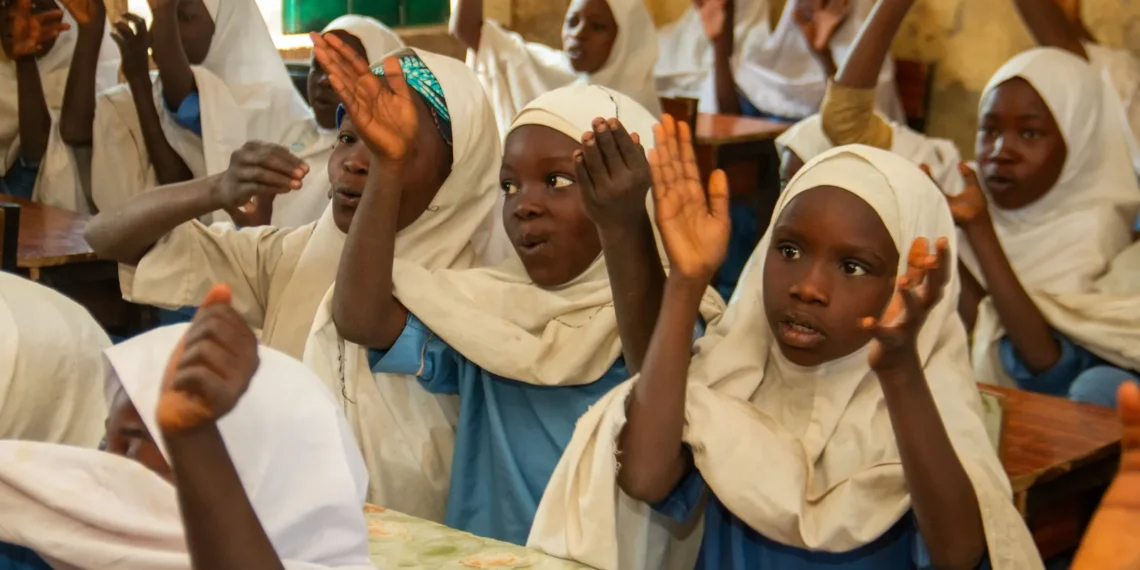No fewer than 29,000 out-of-school children have graduated from literacy and numeracy catch-up clubs in three Kano local government areas in Ajingi, Makoda, and Minjibir under a programme implemented by Save the Children International in collaboration with the Kano State Government.
The initiative, funded by the UK’s Foreign, Commonwealth and Development Office (FCDO) through the Partnership for Learning for All in Nigerian (PLANE) programme, is a community-based intervention designed to reintegrate children aged 6 to 13 including children with disabilities, who have never been to school or dropped out back into formal education.
Speaking during the graduation ceremony flagged off at Minjibir town hall, Chrystal Holt, Senior Education Advisor, Save the Children UK, said the catch-up clubs have achieved remarkable results in improving children’s foundational learning within a short period.
“When these children started the programme, about 90 percent could not identify letters, but after just 11 weeks around 50 hours of learning nearly half of them can read sentences. It’s unbelievable progress,” she said.
Holt explained that over 68,000 children have so far benefitted from the PLANE project in Kano, Kaduna, and Jigawa, which aims to drastically reduce the number of out-of-school children through early learning and accelerated education models.
Read also:
- FG to expand school feeding program to 50m children by 2026
- FG, EU inaugurates committee to inspect €40m funding of education project in Northwest
- Edo govt monitors activities in schools, streets to reduce out-of-school children
The programme, she added, will transition into the Accelerated Basic Education Programme (ABEP) a government-led initiative that offers primary school equivalency to children who complete its Level 1 and Level 2 stages, enabling them to rejoin mainstream education.
Executive Chairman of the Kano State Universal Basic Education Board, Malam Yusuf Kabir, represented by the director of Social Mobilisation, Balarabe Jazuli, commended Save the Children and its partners for complementing government efforts to improve access to quality education.
“These 29,000 children are now ready to continue their education in formal schools. This is a major step toward reducing the number of out-of-school children in our communities,” Jazuli said.
The event witnessed the distribution of school uniforms, writing materials, school bags, and certificates, among others, to the students.






